How to Choose the Right Vinyl Flooring for Your Home
 May 14,2024
May 14,2024
 185
185
 FLAGLES PLASTIC
FLAGLES PLASTIC
How to Choose the Right Vinyl Flooring for Your Home
Vinyl flooring has become an increasingly popular choice for homeowners due to its durability, affordability, and versatility. However, with various types of vinyl flooring available, selecting the right one for your specific needs can be challenging. This guide will help you understand the different types of vinyl flooring and their pros and cons, so you can make an informed decision for each room in your home.
Types of Vinyl Flooring
1. Vinyl Plank Flooring
Vinyl plank flooring is designed to mimic the appearance of hardwood floors. It comes in a variety of styles and finishes, offering a realistic wood look without the high cost and maintenance of real wood.
Pros:
- Durability: Highly resistant to scratches and dents.
- Waterproof: Ideal for areas prone to moisture like kitchens and bathrooms.
- Easy Installation: Can be installed as a floating floor, making it a great DIY project.
Cons:
- Temperature Sensitivity: Can expand and contract with temperature changes.
- Surface Preparation: Requires a smooth, level subfloor for best results.
2. Vinyl Tile Flooring
Vinyl tile flooring resembles ceramic or stone tiles but is softer underfoot and easier to install. It's a popular choice for areas like kitchens and bathrooms.
Pros:
- Design Variety: Available in numerous styles and patterns.
- Comfort: Softer and warmer underfoot compared to stone or ceramic.
- Easy Replacement: Individual tiles can be replaced if damaged.
Cons:
- Seams: More seams than sheet vinyl, which can be a drawback in very wet areas.
- Installation: More complex to install than vinyl sheets, but easier than traditional tiles.
3. Sheet Vinyl Flooring
Sheet vinyl comes in large continuous, flexible sheets, offering a seamless look that is especially beneficial in moisture-prone areas.
Pros:
- Seamless: Fewer seams make it highly water-resistant.
- Cost-Effective: Generally cheaper than plank or tile options.
- Quick Installation: Can be installed quickly by professionals.
Cons:
- Installation Difficulty: Requires precise cutting and fitting, best handled by professionals.
- Repair Issues: More challenging to repair if damaged compared to planks or tiles.
Choosing the Right Vinyl Flooring for Each Room
Kitchen
Recommended Type: Vinyl Plank or Tile
Kitchens benefit from the waterproof and durable nature of vinyl plank or tile flooring. The variety of styles available allows you to match the flooring to your kitchen's design aesthetic.
Bathroom
Recommended Type: Sheet Vinyl or Vinyl Plank
Bathrooms require flooring that can handle high moisture levels. Sheet vinyl offers excellent water resistance due to its seamless nature. Vinyl planks are also suitable if you prefer the look of wood or stone.
Living Room
Recommended Type: Vinyl Plank
For living rooms, vinyl plank flooring is an excellent choice due to its stylish appearance and comfort underfoot. It provides the warm, inviting look of hardwood at a fraction of the cost.
Bedroom
Recommended Type: Vinyl Plank or Tile
Bedrooms can benefit from the comfort and style of vinyl plank or tile flooring. These options offer a cozy atmosphere and are easy to maintain.
Basement
Recommended Type: Vinyl Plank
Basements often face issues with moisture, making vinyl plank flooring an ideal solution. Its waterproof properties and resilience against mold and mildew make it perfect for this environment.
Conclusion
Choosing the right vinyl flooring for your home involves considering the specific needs of each room, the benefits and drawbacks of each type, and your personal style preferences. Vinyl plank flooring is versatile and suitable for most rooms, offering a realistic wood appearance and high durability. Vinyl tile provides various design options and easy replacement, making it great for kitchens and bathrooms. Sheet vinyl's seamless nature makes it perfect for high-moisture areas like bathrooms and kitchens.
By understanding these differences and selecting the appropriate type of vinyl flooring for each room, you can ensure a beautiful, durable, and cost-effective flooring solution for your home. Remember to consider factors such as durability, water resistance, ease of installation, and design to make the best choice for your living space.

 Home
Home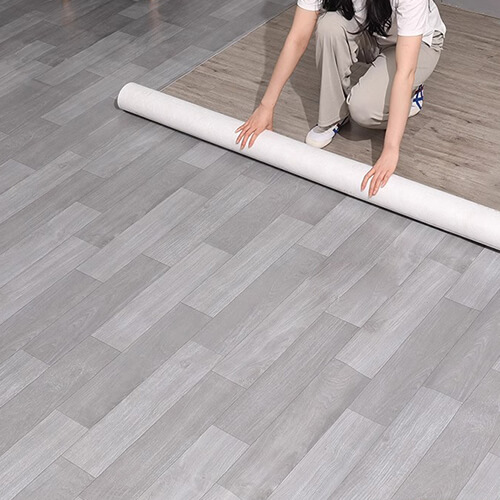
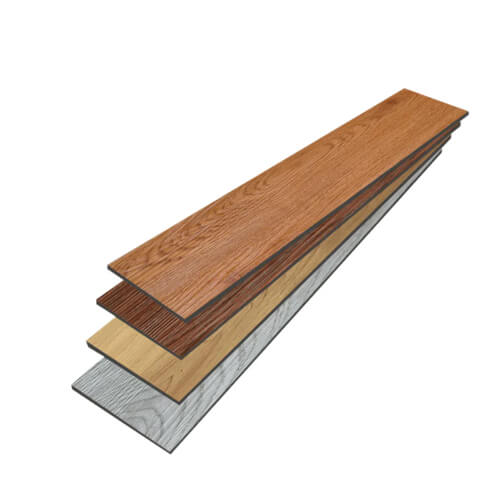
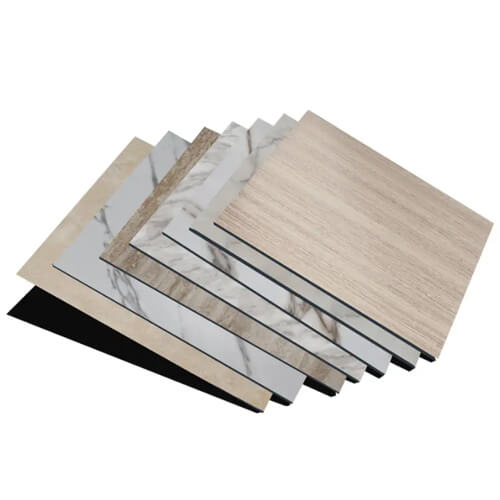
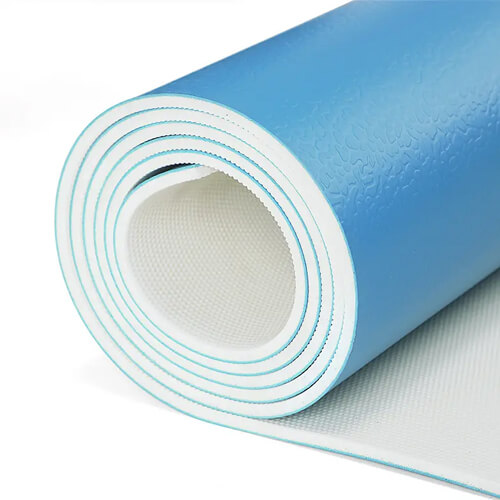
 Why Choose PVC Flooring? 10 Benefits You Didn't Know About
Why Choose PVC Flooring? 10 Benefits You Didn't Know About  You May Also Like
You May Also Like
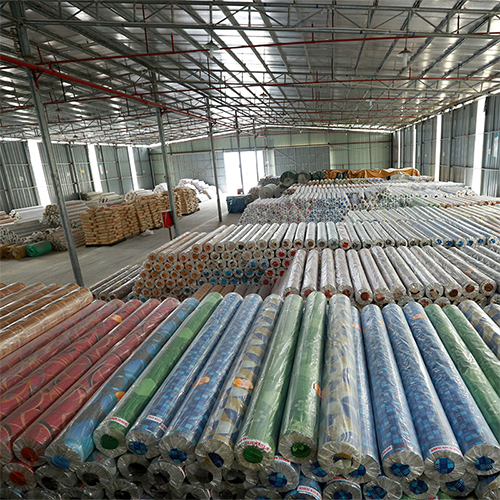

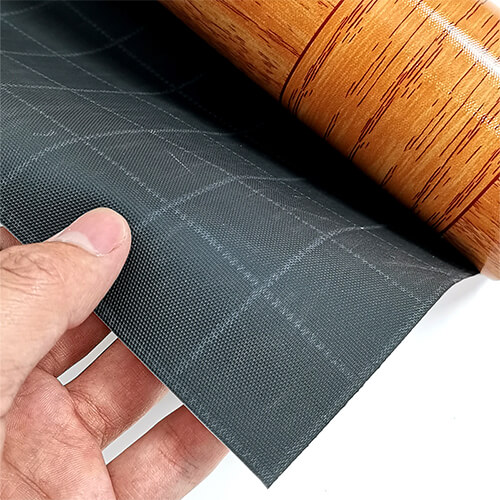
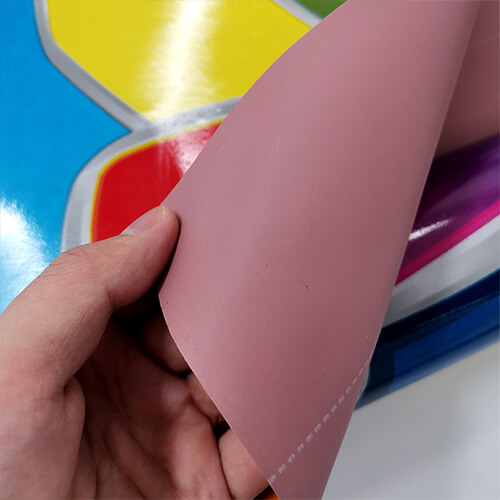
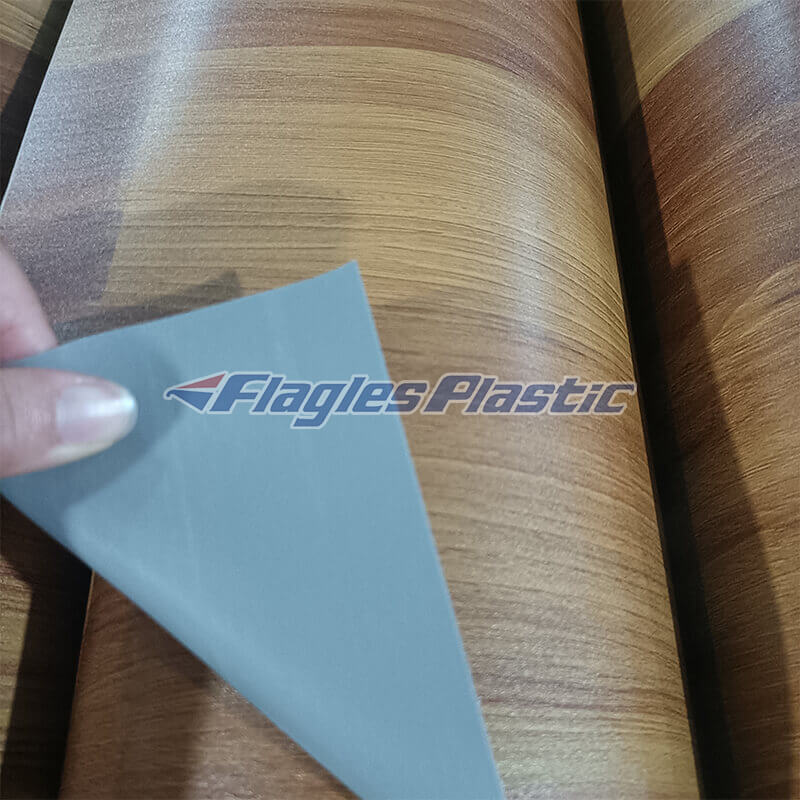
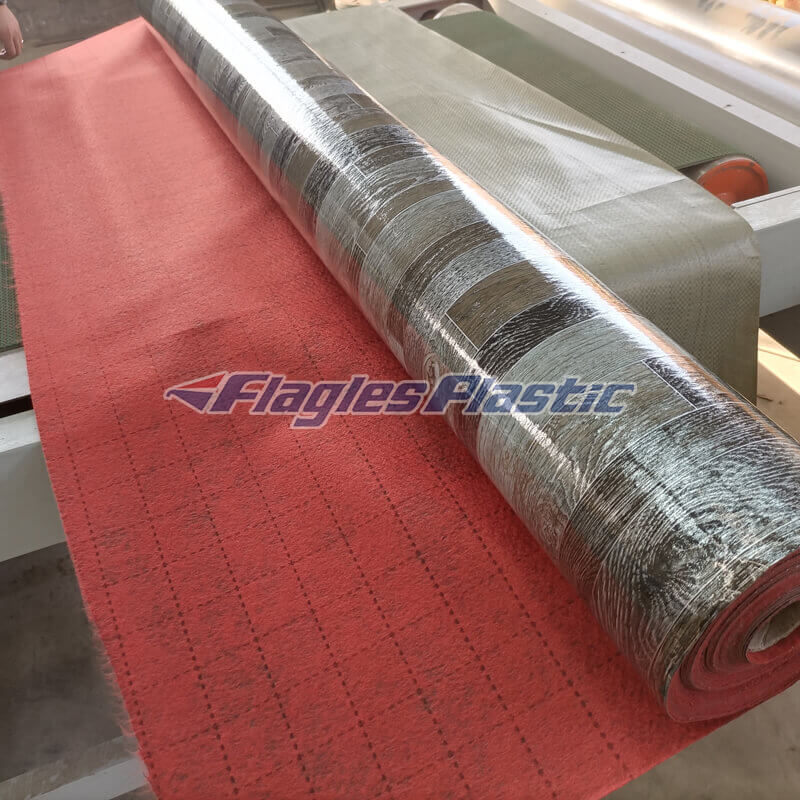
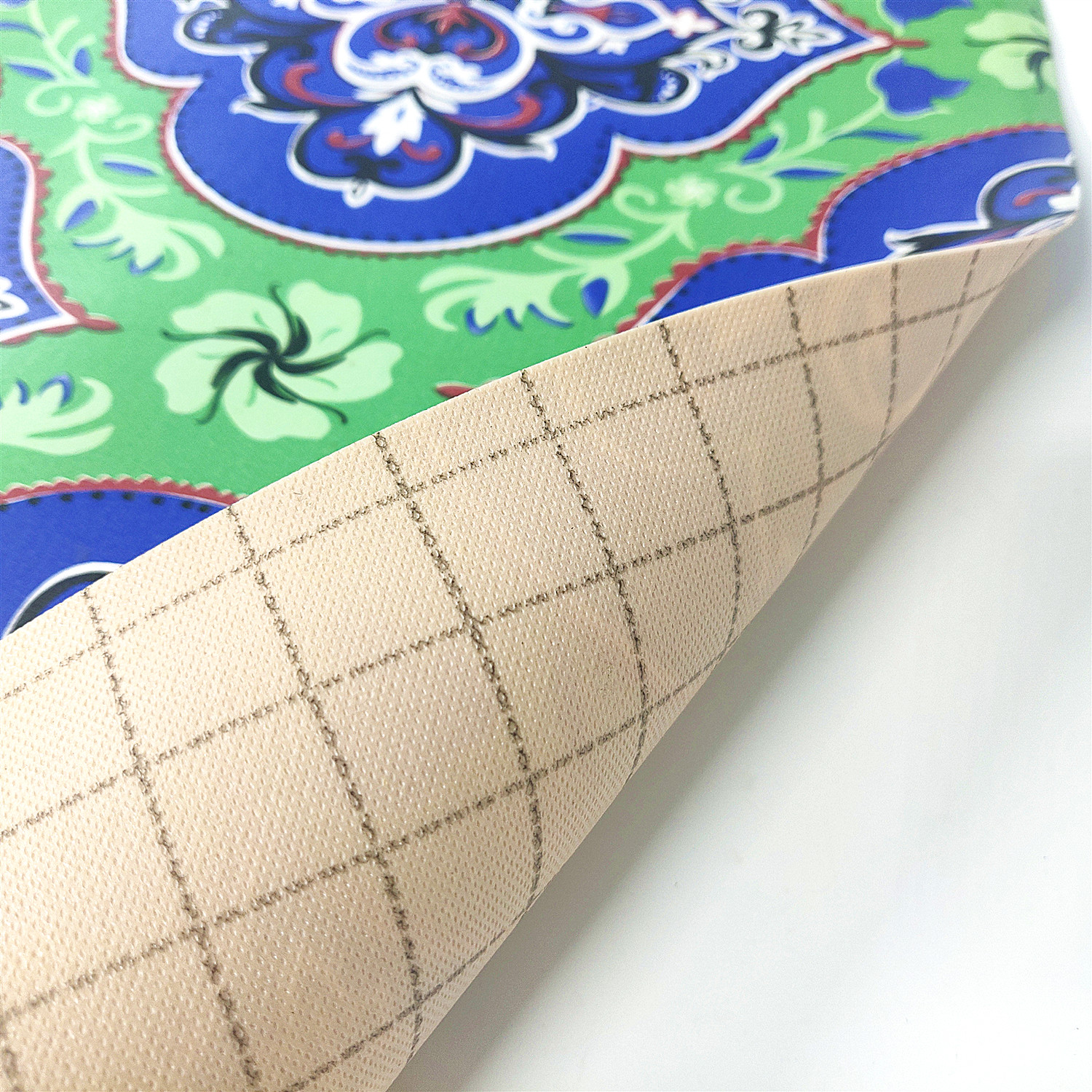

 Tel
Tel
 Email
Email
 Address
Address

















